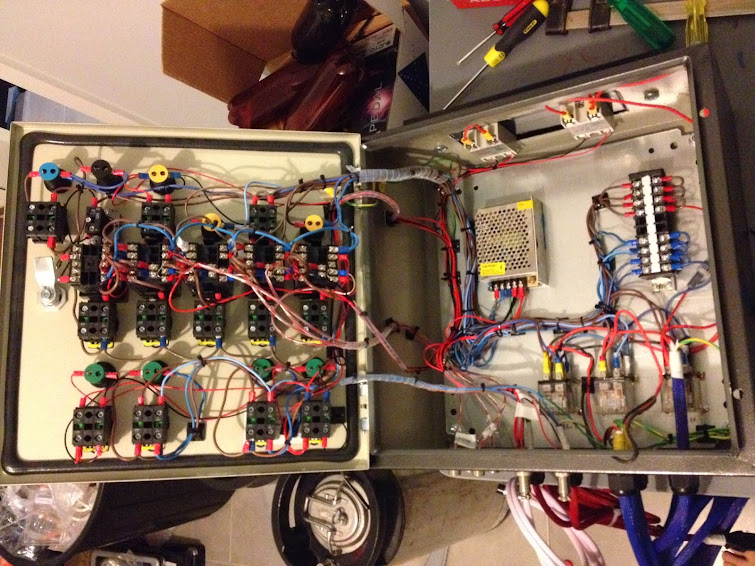Sorry I don't accept this, the legislation you have posted relates to the sale of electrical items and the safety of the consumer, nothing to do with wiring plugs on at home.
Safe work Australia excludes this from their "MANAGING ELECTRICAL RISKS IN THE WORKPLACE - Code of Practice" document under:
This Code does not apply to:
- electrical work on extra-low voltage electrical equipment, including extra-low voltage electrical installations
- electrical work on high voltage equipment after switching, isolation, short circuiting and earthing, subject to summary guidance in Chapter 10 of this Code
- the manufacture of electrical equipment
- automotive electrical work
- work that is not electrical work carried out on telephone, communication and data systems
- work carried out by or on behalf of an electricity supply authority on the electrical equipment controlled or operated by the authority to generate, transform, transmit or supply electricity
- [SIZE=11pt]repair of consumer electrical equipment when unplugged from any electrical socket outlet[/SIZE]
Link:
http://tinyurl.com/kboq7u6
In addition Workcover NSW mentions it in their 2006 test and tag document:
WHO IS ALLOWED TO REPLACE A PLUG OR SOCKET?
Plugs and extension cord sockets may be replaced by a non-electrically trained person, provided the
person has been trained and found competent to fit plugs and sockets according to the manufacturer’s
instructions.
No mention of electricians there. Link:
http://tinyurl.com/nxd4gw4
Unless you can specifically point to a credible document that states that only licensed electricians can wire a plug on 240V appliances I don't accept what you say to be correct. (excluding Qld of course

)
For the OP: working on electrical equipment that is not fixed (i.e. not permanently wired in like an oven or a wall socket) is not illegal in most states (Qld has some stupid laws around this), you need to exercise caution as there is a risk of electrocution if you get it wrong but that's up to you to decide if it's worth the risk. (There is also a risk of fire but provided your switch board and house wiring is up to scratch this is less likely than electrocution). Regarding the actual question you asked re insurance that's really for someone who knows more about insurance law than I do but they would need to prove that your equipment caused the fire, if it did then I don't know if that would void your policy as it's a very grey area: You're not selling it so it doesn't need to comply to standards (probably) and even if it did is the insurance company really going to start measuring the gaps between the PCB tracks on the STC-1000 to ensure it meets the relevant standard (prehaps you could ask an electrician about that one

) etc etc. Having said all that they could just say no and not pay and then you've got to sue them. Best to listen to those who know about insurance law rather than technical issues. (FWIW I don't worry about the insurance issue but then again I'm qualified and could quite probably argue the technical issue in court from a professional level)
Now having broken my cardinal rule of not debating issues on the net anymore I shall sink back to oblivion unless a credible document appears

Cheers
Zarniwoop






